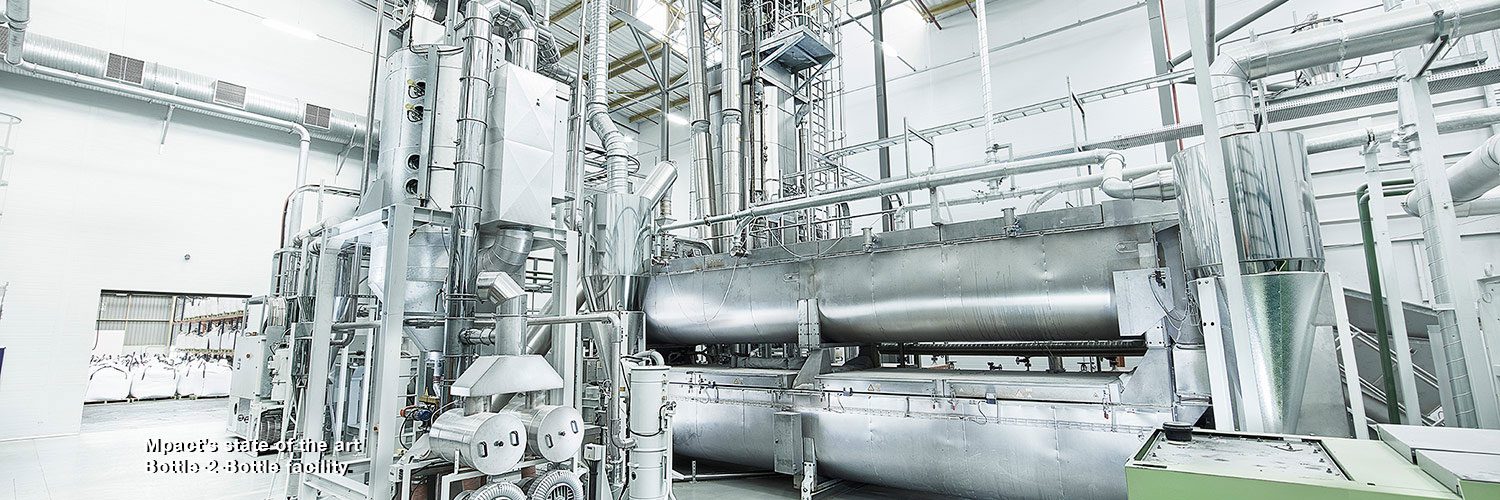
Leveraged CFD Strategies: Maximising Tactical Alpha in Italy’s Equity and Commodity Markets
Italian traders are increasingly seeking tools that allow them to respond quickly to opportunity, manage risk with precision, and capture short-term market inefficiencies. Contracts for Difference (CFDs) continue to stand out as one of the most flexible instruments for doing so. When combined with a well-structured approach to leverage, CFDs offer traders the potential to generate tactical alpha—those incremental returns driven by strategy rather than simple market exposure.
Yet leveraging CFDs successfully requires far more than simply magnifying position size. It demands discipline, well-researched setups, and an understanding of how Italian equity and commodity markets behave under varying economic conditions.
Market Conditions That Favour Leveraged CFD Approaches
Not every environment is suited to leveraged strategies. However, certain conditions tend to support tactical alpha generation when trading CFDs.
High-volatility regimes
Periods of elevated volatility often present short, powerful moves in equities and commodities. For example, energy-related stocks in Italy can see …
Leveraged CFD Strategies: Maximising Tactical Alpha in Italy’s Equity and Commodity Markets Read More




